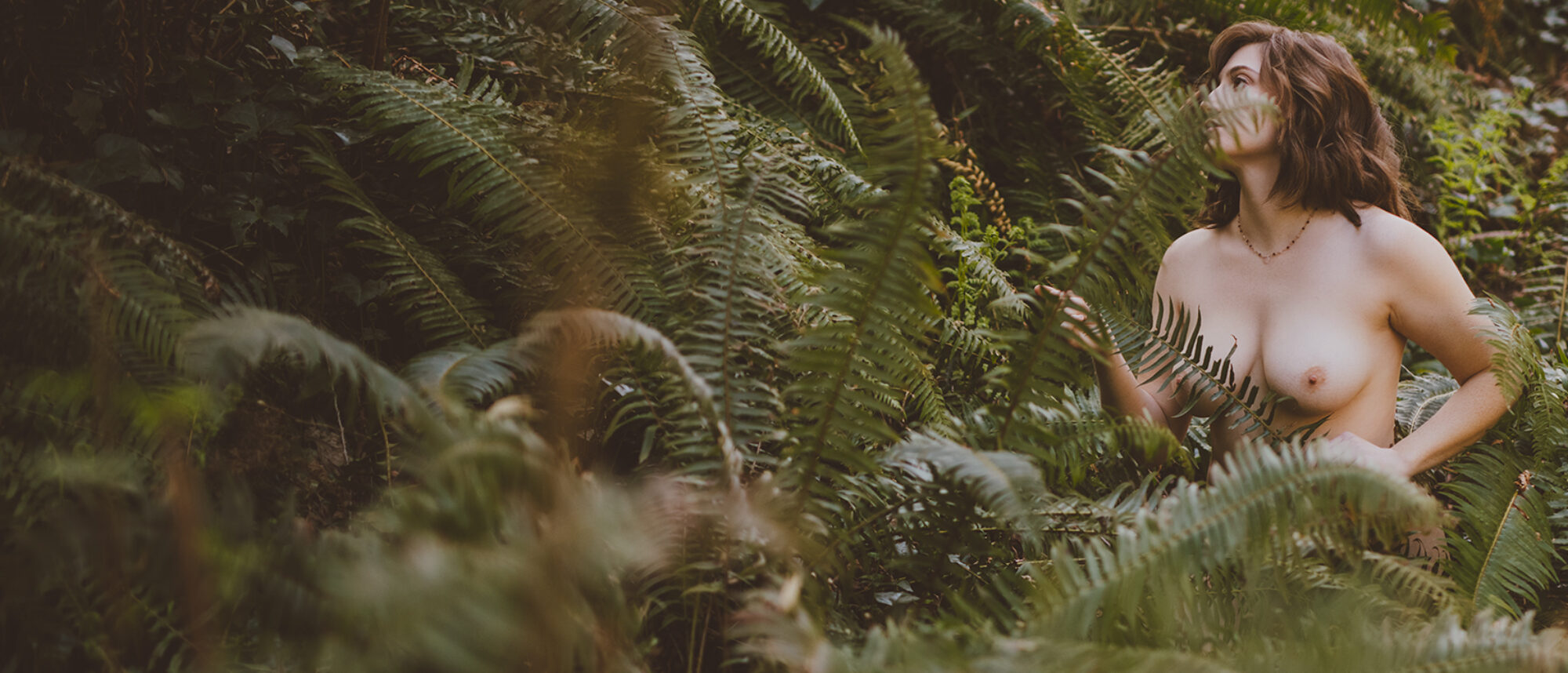Last month I made a pilgrimage. It wasn’t spiritual, or at least, any more or less spiritual than any other travel for me. But it took me to a temple in a remote, dense jungle, and for a half a moment, it connected me to times past and future.
The Mayan ruins of Ek’ Balam are not well known. After the crowds at Chichen Itza, the Zona Arqueológica de Ek Balam was an oasis in the jungle. A low wall surrounds over 20 acres, includes a number of excavated structures, and hides even more still undiscovered.
It was the end of a long day. We’d been up since five thirty and wouldn’t be home until seven or eight. It was our last stop of the day so we already had a great deal of background on the Mayan Empire, its reach, and its eventual fall.
I am a lone wander, on occasion. I like to linger at my own pace, moving on quickly from things that don’t interest me and contemplating those that do. Guided tours, however, rarely offer that flexibility. I chose one that offered free time at each location, and for just a moment, I really got some.
We had wandered the city of Chicken Itza, swum in the cool green waters of cenote Hubiku, and been walked around the discovered perimeter of Ek’ Balam. We stumbled on an active archaeological dig and got nervous at some suspicious sounds from a not distant enough for comfort distance. And in the last few minutes before heading back home, I took myself to the edge of an ancient platform to sit, my legs dangling over the edge, a twenty foot drop into dense jungle below me, and contemplate.
Being high up gave me a sense of safety, so when the jungle rustled and groaned, instead of shrinking away in fear, I searched for the source of the sounds. I saw the ubiquitous lizards, some little scuttlers and a few big old iguanas, climbing trees in search of food and mates. I saw squirrels with their fluffy tails hopping about, being squirrelly. Far above, local birds of prey circled. And beneath my feet, a colorful assortment of plastic bottles, wrappers, and other human trash.
In answer to the question “Why did the city die?” Our guide gave us depressingly familiar answers. Overpopulation. Pollution. War. History repeats itself.
Which is why I almost laughed out loud to myself when I first noticed the trash. A bitter laugh. Where has humanity not touched? Corpses litter the highest mountains and the wasted husks of our food and drink sink to the bottom of the deepest oceans.
Can we ever learn from the lessons of the past? Certainly. Will we? I think not.
We have been warned. The warnings are old, ancient, and more insistent every day. Not content to poison our water, we have now belched toxic waste into the air, filled vast oceans with unkillable plastics of every size and shape, ripped mountains to powder and ground thousands of people under the churning wheels of industry. Corporations externalize the cost of picking up after themselves into debts that we pay in the currency of our lungs, our drinking water, our cancerous growths, and our guilt.
As a little girl of about ten or eleven, I once asked my dad why the economy needed to grow. (My mom listened to NPR a lot.) He replied that it needed to keep up with people having children. As the population grows, so does the economy need to grow, to keep up.
Even then that didn’t make much sense to me. I couldn’t quite figure out why but it has since become obvious. The world is finite. We cannot grow indefinitely, kids or not, and expect the planet to supply our needs. We have made some incredible technological leaps that have staved off the end, but they have also given us a false sense of our own ability to mitigate.
More accurately, perhaps, it has given us a false sense of when and how much to mitigate. We allow tourists to lug single use bottles into the heart of the jungle and when they toss them over the edges of centuries old structures, structures that themselves stand mute witness to the inevitable consequences of exactly that behavior, we shrug and get back in the van.
I only sat on the edge of that wall for a few minutes. Just long enough to tap out a few quotes. I wanted to remember what it felt like to feel awe, anger, despair, all at once, all only enough to squeeze out a rueful laugh.
I’ll spare you, my beloved reader, from the end of this train of thought. I do think it’s possible that things will turn around. My generation cares more than the one before, and the ones after are downright pissed about it. Vegetarianism and teetotaling is rising in popularity, as is a movement to hold corporations accountable for their shitty single use packaging and over reliance on unbreakable plastics.
There is hope. It can be hard to see, sometimes, but there is. Even in the worst case scenarios… the world has been through an awful lot and look where she’s come. She’ll be ok. Eventually.
